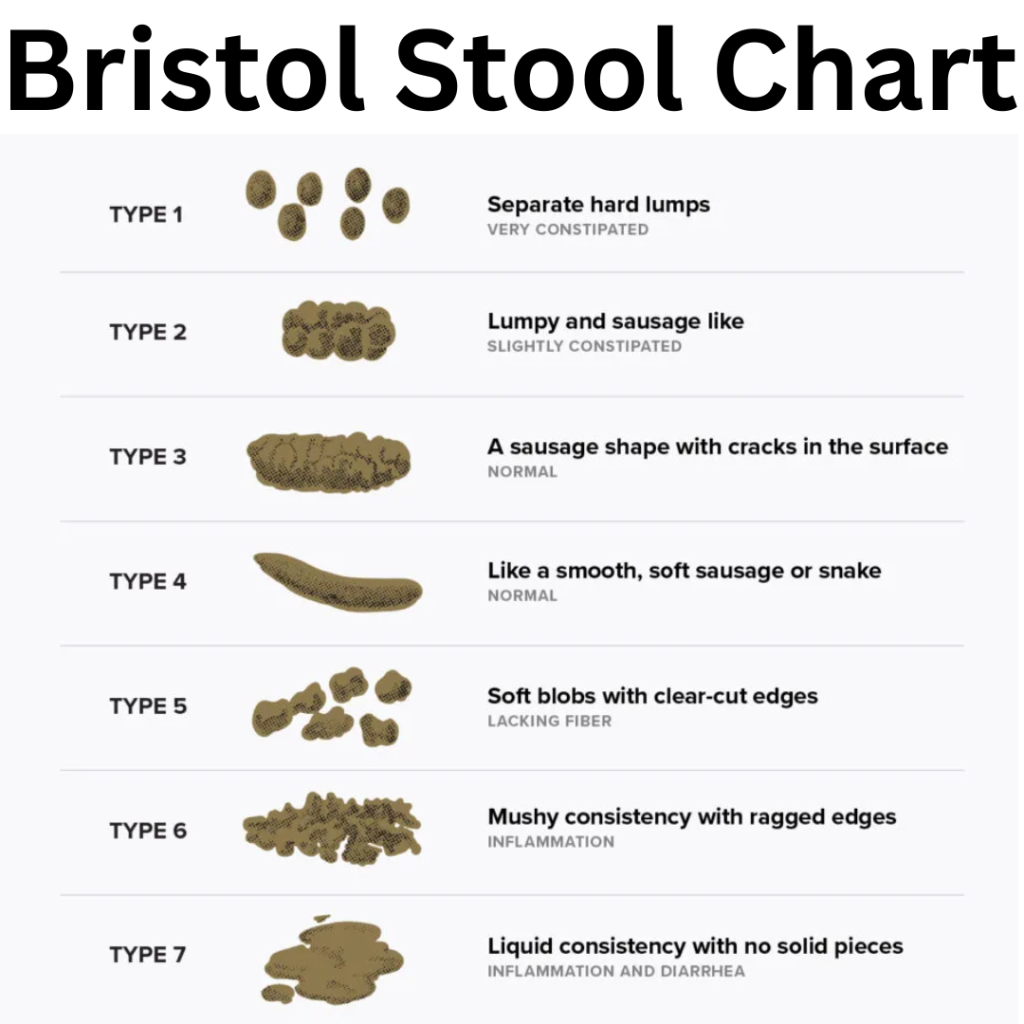Let’s talk about poop. Yep, that’s right—your stool, bowel movements, number two. Whatever you want to call it, what’s happening in the bathroom says a lot about your health. While it’s a topic many of us shy away from, ignoring changes in your poop could mean missing the early signs of something serious. And nobody wants to regret not having that awkward but life-saving conversation with their doctor.
In this guide, we’ll break down the top poop problems that deserve your attention—and why brushing them off isn’t the answer. So, whether you’re curious, concerned, or just downright fascinated by your body’s quirks, keep reading. And remember, you’re not alone. Everybody poops—and everybody has questions about it.
You might not think twice about the color of your poop. After all, brown is brown, right? But what if it’s not brown? What if it’s black, red, green, or even white? These colors aren’t just surprising; they could be red flags for your health.
Black or Tarry Stool: Could Be Bleeding
If your stool looks like you’ve swallowed a bucket of tar, it’s time to sit up and take notice. Black stool can mean there’s bleeding in your upper digestive tract, like your stomach or esophagus. While it could also be caused by certain medications (like iron supplements), it’s something you should bring up with your doctor.
Red or Bloody Stool: Alarm Bells
Spotting red in the toilet bowl can be alarming—and for good reason. Bright red blood could indicate bleeding in the lower digestive tract, hemorrhoids, or even colorectal cancer. Don’t panic, but don’t brush it off either. Early intervention is key.
Pale or Clay-Colored Stool: A Liver Problem?
If your poop looks pale, white, or clay-like, it could be a sign that your liver or bile ducts aren’t working properly. This might be linked to gallstones, hepatitis, or other liver conditions.
Takeaway: Consistently strange stool colors? Call your doctor. Your gut is trying to tell you something important.







